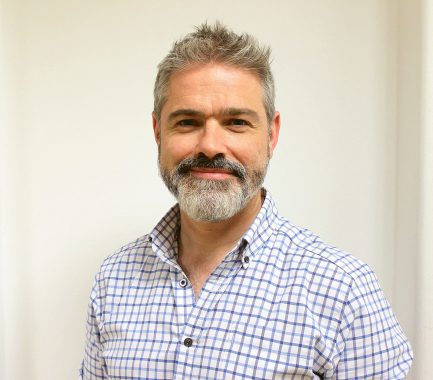GPs need to feel more enabled to diagnose lung disease early

Despite lung disease being the third biggest killer in the UK, data on respiratory health is patchy and inconsistent. By launching a Data Tracker, the Taskforce for Lung Health has highlighted gaps and made information about lung health publicly available for the first time
The decline in smoking services and frequent changes in the level of services commissioned means that GPs may not know where to refer patients. As GPs, in line with NICE guidelines, we have a responsibility to find out what the best options are for patients locally. We must ensure we deliver very brief advice on smoking cessation, can prescribe treatments such as NRT and deliver behavioural support for patients who otherwise can’t access support to quit smoking, utilising resources such as the PCRS guide.
But to truly make an impact on lung health, our focus should turn to earlier diagnosis. The earlier someone knows they have COPD, the more effective the treatment for tobacco dependency will be, leading to fewer exacerbations and a slower decline. I’ve met far too many people who could have led vastly different lives if every time they visited their GP they had received Very Brief Advice by someone correctly trained to deliver it.
The reasons for earlier diagnosis go beyond the opportunity to deliver tobacco dependence treatment. For instance, we need people to have greater awareness and understanding of when their breathlessness might be a problem, and have the confidence to tell their GP about it.
Declining smoking services means that GPs may not know where to refer patients
One in ten older adults experience chronic breathlessness daily, but its insidious development means it often severely progresses. It’s a predictor of premature death, so earlier diagnosis can see significantly improved patient outcomes.
The diagnosis route for GPs, community pharmacists, nurses and other healthcare professionals to follow when a patient presents with severe breathlessness (not considered to be possible cancer), is ad hoc. Unlike the two-week window for cancer, time targets for how quickly a patient should be seen, receive diagnostic tests and start treatment don’t exist.
Developing and implementing easier-to-follow pathways for initial comprehensive approaches to diagnosis, and clarity in how to treat the symptom of breathlessness as well as the underlying causes, will ensure practitioners are better-equipped to recognise and manage this condition.
Compared to diabetes and coronary artery disease, there is currently less awareness and action regarding lung health in the UK. For decades, effective, well-maintained national data sets for cancer have helped us understand the disease and facilitated new research. Data gaps showcase how far behind lung health is compared to other conditions.
The data we do have tells us that diagnosis rates for lung disease are far behind the levels they should be, even for well-known lung conditions such as asthma. According to Asthma UK, an estimated 200,000 people have severe asthma, but only around 3,000 have been officially diagnosed and recorded on the Severe Asthma Registry.
Since the Taskforce launched, NHS England has made respiratory a clinical priority in its long term plan for the first time. However, GPs need support on the frontline to deliver this by having access to more resources to help change diagnostic practice.
Dr Noel Baxter is a GP in London, policy lead of the Primary Care Respiratory Society and clinical advisor of the British Lung Foundation & Asthma UK partnership
Pulse October survey
Take our July 2025 survey to potentially win £1.000 worth of tokens

Visit Pulse Reference for details on 140 symptoms, including easily searchable symptoms and categories, offering you a free platform to check symptoms and receive potential diagnoses during consultations.











